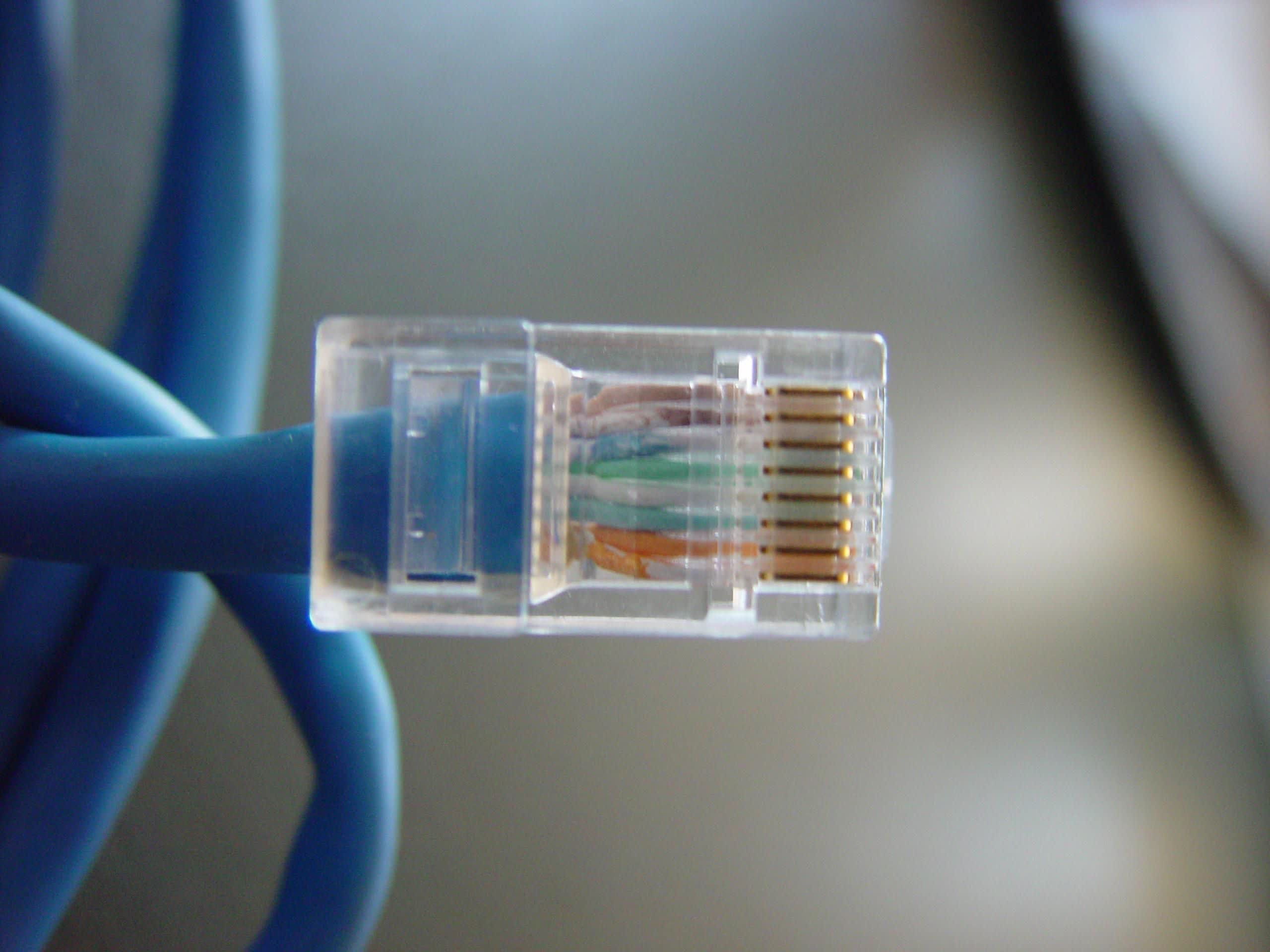In context: First, Apple began requiring apps in the App Store to display privacy "nutrition labels" in their descriptions. Now the FCC is considering rules to require broadband internet providers to post "nutrition labels" about their services instead of hiding them in the fine print of their contracts.

On Thursday, the Federal Communications Commission (FCC) announced it would be taking a page out of the Food and Drug Administration's rulebook and applying it to internet service providers (ISP). A proposed set of rules approved by all four commissioners would require ISPs to provide consumers with more transparency about their services with labeling modeled after food nutrition labels.
"In a grocery store, nutrition labels make it easy to compare calories & carbohydrates," said FCC Chair Jessica Rosenworcel this morning via Twitter. "We need the same simple labels for broadband—so we can compare price, speed & data. No more fees in fine print."
In a grocery store nutrition labels make it easy to compare calories & carbohydrates. We need the same simple labels for broadband--so we can compare price, speed & data. No more fees in fine print. That's why the FCC is kicking off an effort to develop #broadbandnutritionlabels.
— Jessica Rosenworcel (@JRosenworcel) January 27, 2022
Rosenworcel points out the tendency of broadband providers to stick consumers with hidden fees and service limitations like modem rental, upload speeds, and data caps. When signing up for service, consumers are often left on their own to find these things. Many customers have complained of receiving bills with undisclosed fees reaching 50-percent of the advertised subscription rate or more.
Under the proposed rules, providers will have to clearly display both the contracted promotional rate and the regular price of each service plan. They will also have to disclose any data caps and their overage charges. Other costs such as modem rental, government taxes, and additional fees also have to be shown.
The FCC hopes to do away with the vague and deceptive language used to describe speeds by making the labels contain "typical" download and upload speeds. Currently, most providers promote their plans using the maximum speeds obtainable and inserting "up to" into the advertising verbiage—"With blazing speeds of up to 400 Mbps…" Typical speeds, along with latency and packet loss information, give a more accurate representation of what the customer can expect.
It's unclear if the rules will ultimately change anything regarding the service provided or the costs to the consumer. Since broadband providers essentially run an oligopoly, these new rules simply mean they will have to shaft the customer openly rather than hiding it.
https://www.techspot.com/news/93162-broadband-providers-may-soon-have-display-service-nutrition.html